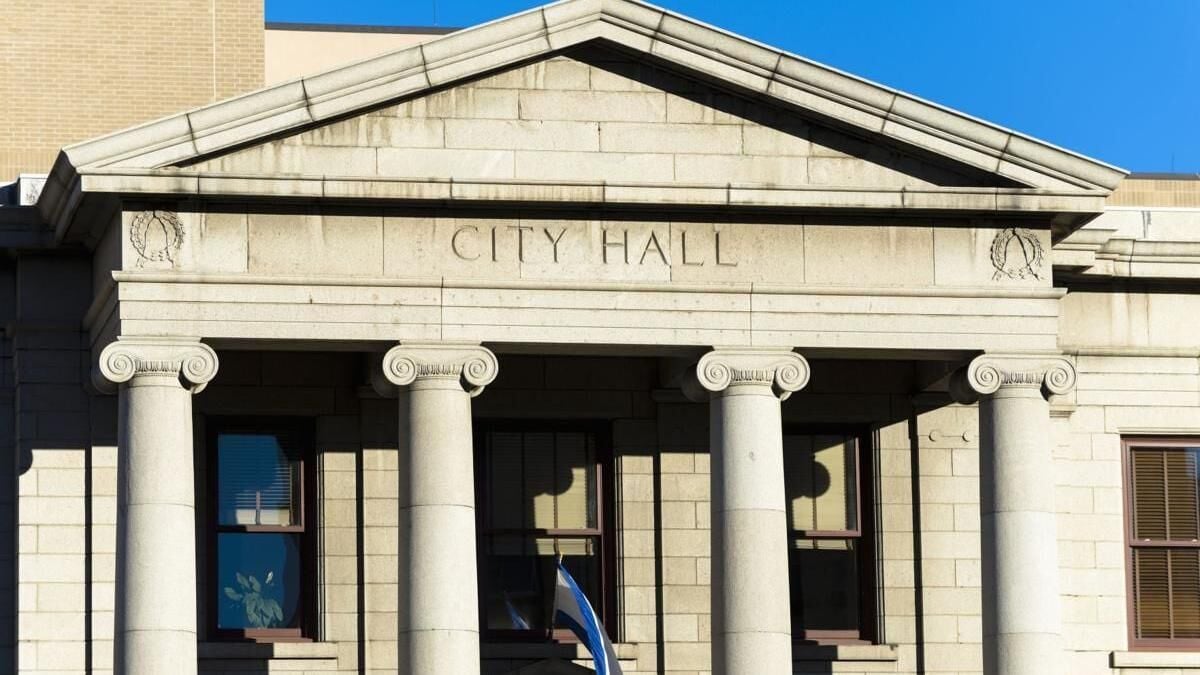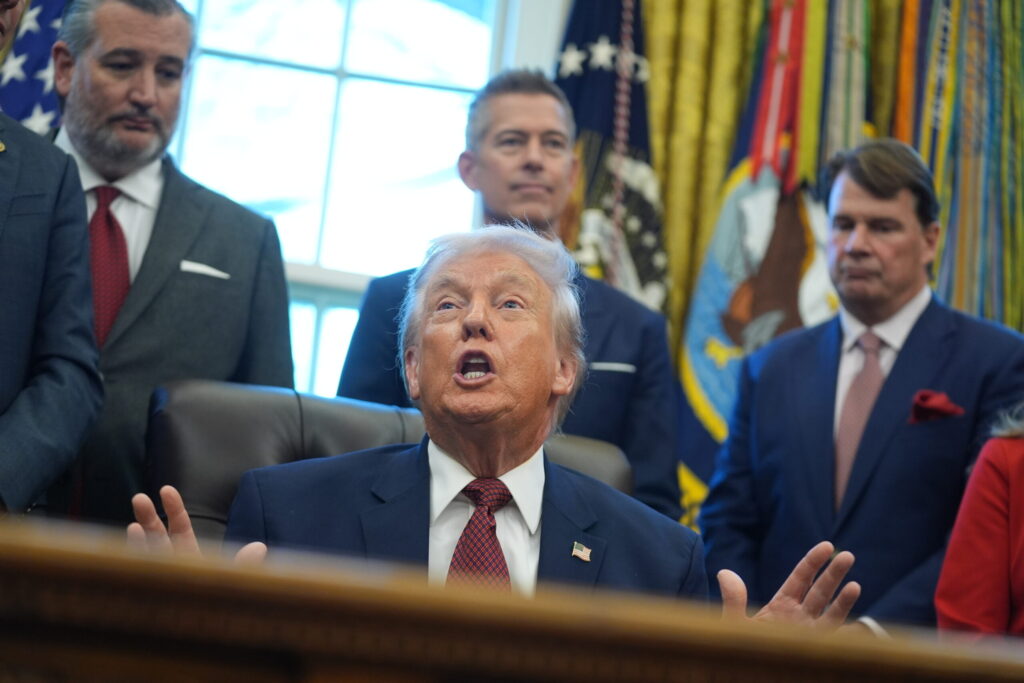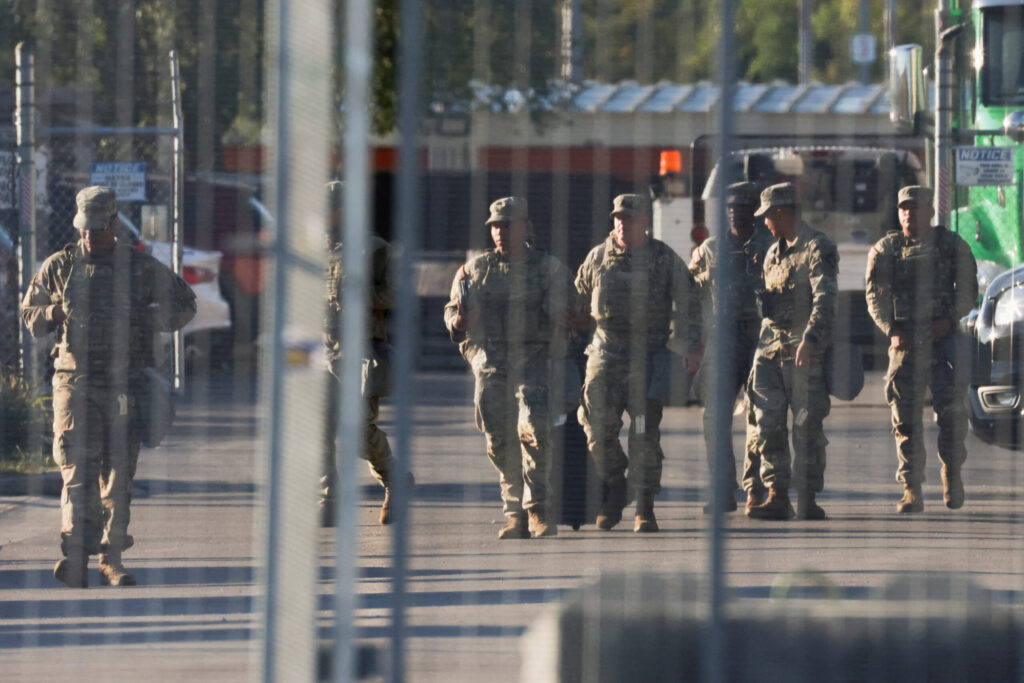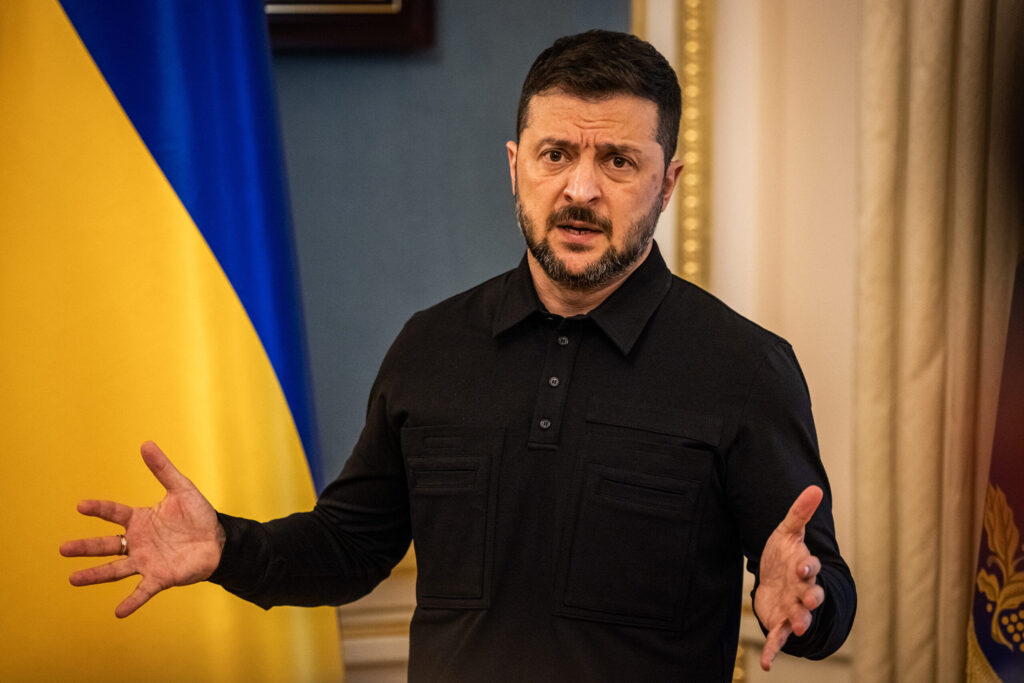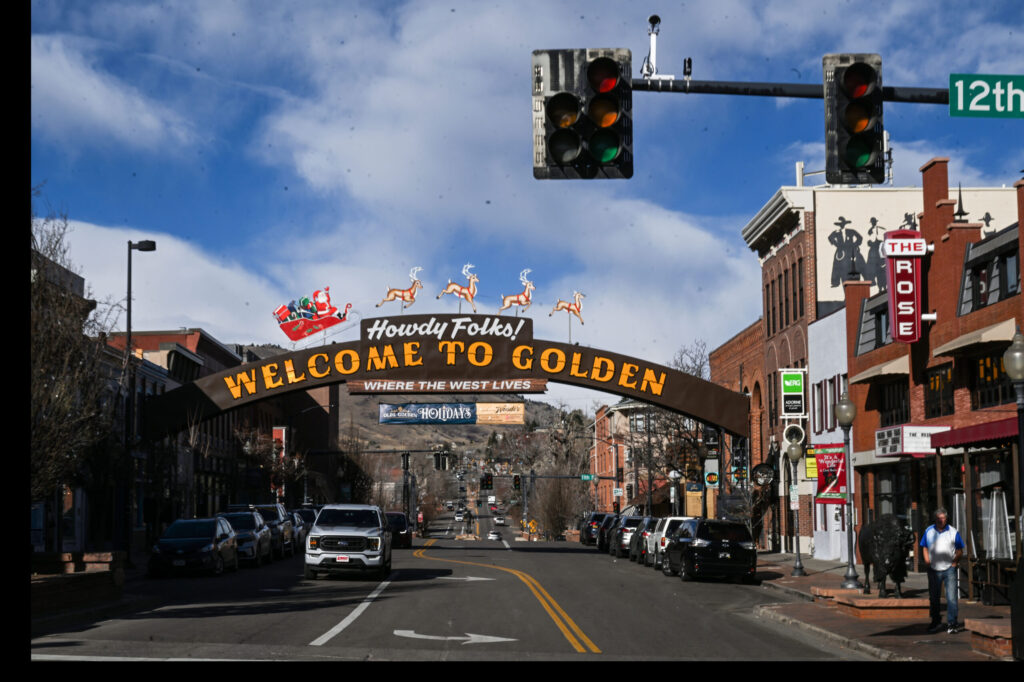Some Colorado Springs residents oppose possible $5M TABOR retention for police academy
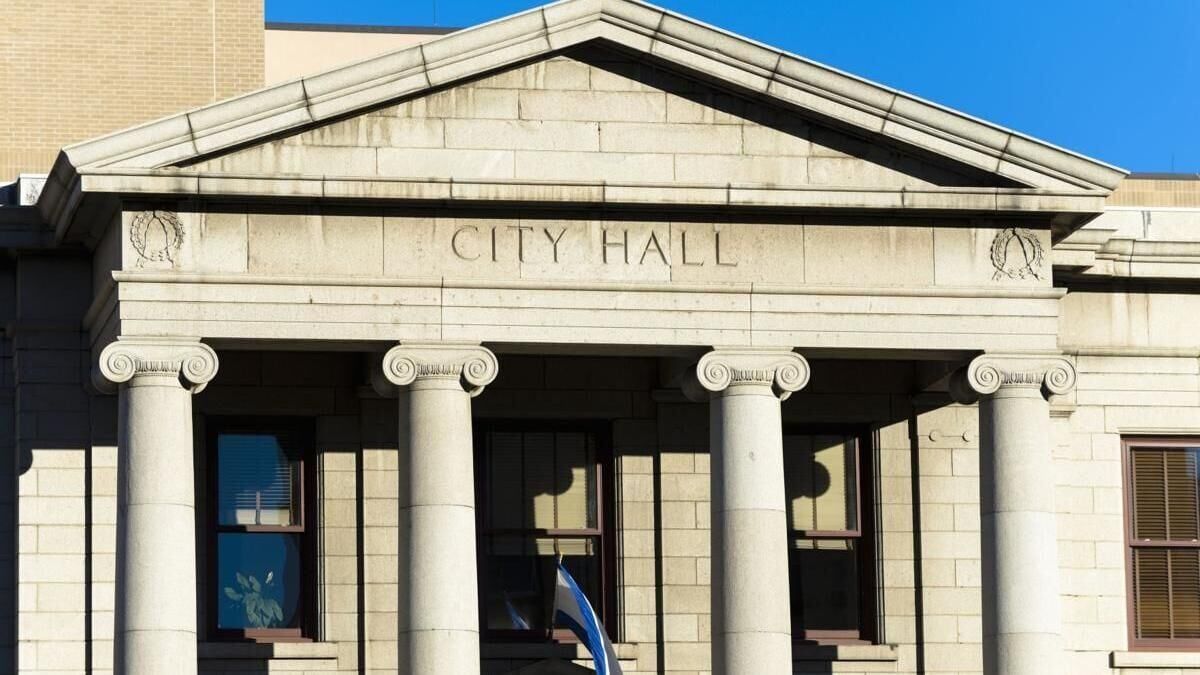
Residents on Tuesday opposed early plans to use millions in excess tax revenues to help build a new police training academy in Colorado Springs, saying the money would be better used to advance local affordable housing efforts and address homelessness.
The City Council on Tuesday approved a resolution declaring the city’s intent to hold a special election and participate in the state’s coordinated election on Nov. 7.
The council did not set the ballot language Tuesday, but the board’s action acts as a so-called “placeholder” to allow the city to participate in the election, City Clerk Sarah Johnson said. The council will set the ballot language at a future date.
Possible TABOR vote could mean $5 million for Colorado Springs police training facility
At issue for residents who spoke Tuesday were early plans Mayor Yemi Mobolade shared July 10 to place a Taxpayer’s Bill of Rights – or TABOR – retention question on the ballot that would allow the city to retain up to $5 million in excess tax revenues to help build a new police training academy.
The new facility, he previously said, would support citywide efforts to host a continuous police training academy every 15 weeks and get more officers on the streets more quickly.
TABOR caps the amount of tax revenues local governments can keep each year, using a formula based on population growth and inflation. Governments can only keep revenues over that cap with voter approval; otherwise, taxpayers would receive a refund.
Colorado Springs Police Chief Adrian Vasquez told the council July 10 the city lacks an adequate space where it can hold a police academy every 15 weeks.
“There’s so much that we don’t have right now. As we move into our new phases of training, I think it’s vitally important for us to be able to get as many recruits through academy as we can,” Vasquez previously said.
At a City Council work session Monday, Colorado Springs Law Enforcement Transparency and Advisory Commissioner Jim Mason said a new police training facility “is key, critical and important” as the city grows.
Colorado Springs seeks to hire more police officers as city’s crime rate rises
The facility “will bring onboard current and future technologies tied together with a training program that’s holistic from everything from the tactical and operational level to the behavioral considerations that we must have in our society today, while at the same time providing a system and an apparatus in which standards can be properly evaluated, tweaked and corrected. … The training facility becomes a foundational element of the aspirations that we have for our police department,” he said.
Neither Mobolade nor Vasquez provided official estimates for the cost of building a new academy this month, but Mobolade previously estimated it could cost $30 million to $40 million, based on the cost of similar projects in other cities.
Mobolade and Vasquez are expected to give City Council a more detailed presentation on the possible ballot question at the council’s next work session Aug. 7, Chief of Staff Jamie Fabos said.
“This is not ready for prime time,” resident Chauncy Johnson said of the question Tuesday, presenting the council a petition he said had about 2,000 signatures of residents opposed to it. “I think it needs a little bit more talking with the people of the city.”
Some residents expressed concern about adding more police officers they feared would “disproportionately impact” disenfranchised communities, and said the approximate $5 million that could go toward the new academy would be better used to address affordable housing or homelessness.
“TABOR is our money. It belongs to we the people. We should have a say in how that money is spent,” resident Joe Mangels said. “That $5 million … should go to something that will benefit our city, like … social housing … mental health care treatment, addiction treatment, something that actually builds up people in this community. The solution is not to further criminalize homelessness, but to tackle the root issue: housing.”
An unwanted record: Colorado Springs homicide count reaches new high
Jaymen Johnson said he believed the new academy would allow Colorado Springs to hire, retain and train officers in a specific manner “that we want,” rather than “just getting officers who have been trained elsewhere.”
Councilman Dave Donelson, the sole vote against the resolution to participate in November’s election, said there were a lot of unknowns about the anticipated proposal.
Compared to rough cost estimates of $30 million to $40 million, retaining $5 million in excess tax revenues would only pay for a sliver of the project, he said.
Colorado Springs police advisory commission highlights 3 key areas for 2024 police budget
“I can’t even say that this is half-baked. It’s 15% baked, and we don’t know where the rest of the money comes from,” Donelson said.
Taxpayers would see a rebate of TABOR funds through their utility bills, which many people “look forward to,” he said.
He suggested rather than retaining the money the city should allow residents to donate, through the city website, their TABOR refunds toward building a new police academy.
The special election could cost Colorado Springs between $200,000 and $300,000, based off past costs, said Sarah Johnson, the city clerk.
